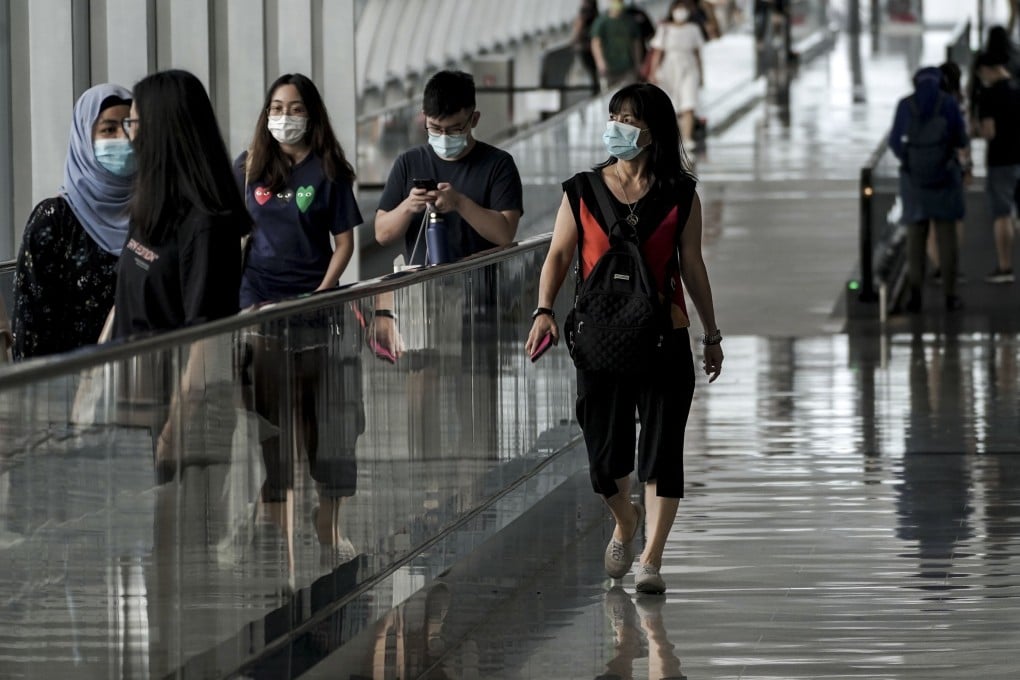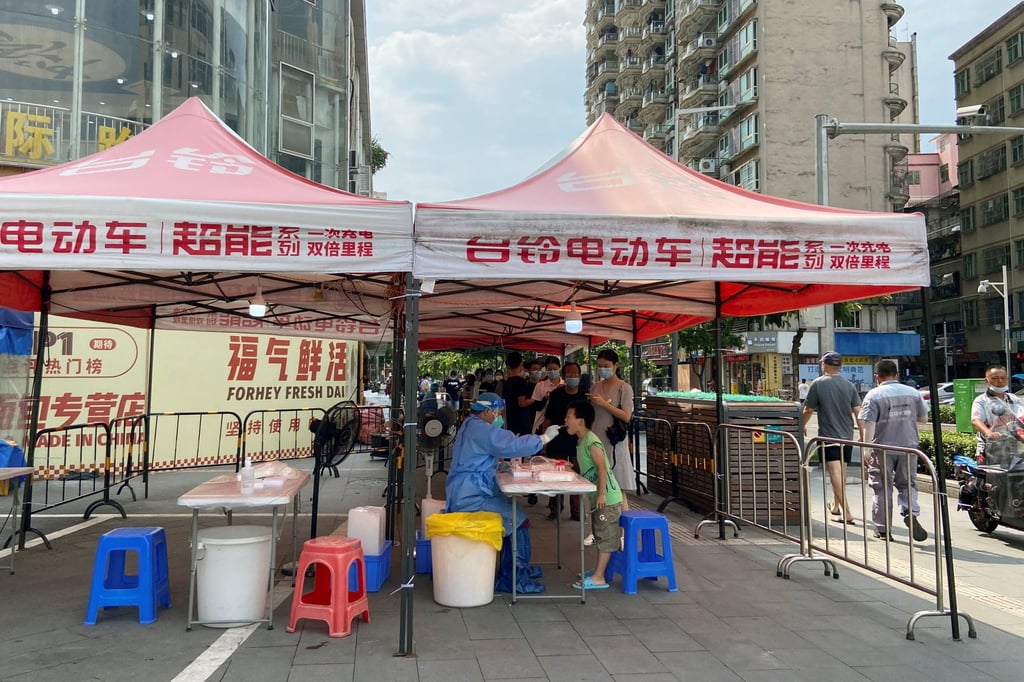‘Too early’: Chinese nationals in Singapore criticise decision to ease indoor mask mandate
- Some Chinese immigrants in Singapore say the government is sacrificing ‘people’s health for money’, and fear they could catch Covid-19 again
- Misgivings could be due to constant use of Chinese social media platforms and belief that China’s zero-Covid policy ‘is always right’, academic says

While Tao, a naturalised Singapore resident originally from China’s Wuhan city, believes the city state’s decision to relax its pandemic restrictions is based on scientific evidence, he still fears his family will catch Covid-19 again.
“Singapore’s epidemic control has achieved remarkable success, but I still hope there are stricter regulations,” says Tao, who asked for his surname to be used. “I will insist on wearing masks as long as the government does not stop people from wearing them.”
Authorities cited an improved situation in Singapore, where many people are fully vaccinated and have also caught the virus. Residents are urged to continue wearing masks at crowded places or if they feel ill.
But part of Tao’s anxiety stems from the stark differences in the pandemic strategies adopted by Singapore and his native China, where some of his relatives and friends still live.
Unlike Singapore, whose policies revolve around living with the virus, China is one of few jurisdictions clinging to a zero-Covid strategy, which means it has continued to keep its borders largely shut and conduct strict lockdowns and quarantines.

